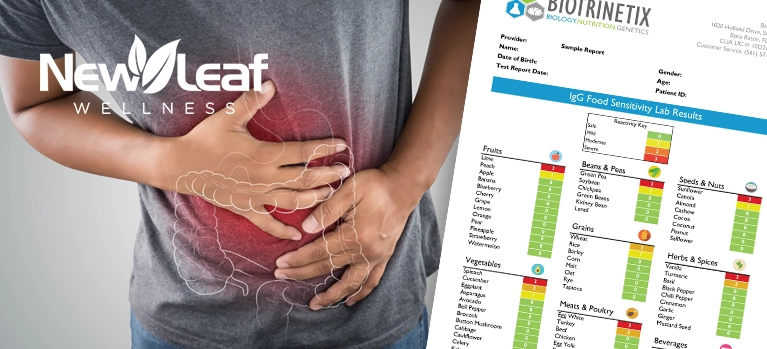On Thanksgiving day and the ten days after Christmas, Americans will gain the most weight of the year. This time is when many people let their fitness routine and healthy eating slide away. It is easy to understand why. The abundance of holiday food, parties, and family gatherings, can make excuses easy. If you stay on track 90 percent of the time, that favorite small dessert will not hurt you. You can avoid holiday weight gain with careful planning and the right attitude.
I have some tips to help you get through and still enjoy the holidays without blowing your health and wellness plan.
- When planning a special meal for the holiday or weekend, plan for it and enjoy it. Make sure you stay on track the days preceding and following it. Do not sweat it when you are having a bad day. Start over the next day. Do not let the bad day get you down. The next day, get right back on it and stay positive.
- Use an app such as My Fitness Pal or even write your food intake down on paper. If you do not know how much you are eating, you can lose track of the foods you have eaten. People that record their food are much more successful in losing weight and staying on track because we usually underestimate how much we eat and overestimate how much we exercise. It helps to track that you are getting enough protein, fat, and carbs. Recording food can keep you accountable and allow you to see what does and does not work for you.
- Prioritize your protein intake. Protein keeps you full longer, reduces hunger, and helps your metabolism and appetite-reducing hormones. Keeping your muscle is very important for long-term success and requires protein.
- Drink more water. Then you will not be as hungry and tempted to overindulge. Water intake will also help boost your metabolism by helping you burn fat, keep you hydrated for workouts and help remove waste from the body.
- Be a social butterfly when at holiday parties. Instead of just enjoying the food, enjoy the company. Focus on other things besides the food. Walk around and talk to people, and position yourself away from the buffet so you do not see it. If food is in front of you, you may want another bite and keep eating. Remember, there is more to the holidays than just eating.
- Drinking alcohol can make it difficult to lose weight. Most alcoholic drinks have high calories and contain sugar that will increase your blood glucose and make you have more sugar cravings on the blood sugar rollercoaster. Estrogen metabolism can also be affected as your body recognizes alcohol as a toxin.
- Offer to bring a healthy dish to the party. Bring a veggie or meat tray to help resist temptation.
- After eating dinner, go for a family walk. A 2-5 minute walk can reduce blood sugar and insulin levels. After eating, blood sugar levels can spike, and insulin produced to control them can lead to diabetes and heart issues.
- Dress up and keep the stretchy-waisted pants at home. Baggy pants allow you to overeat, so wear some skinny jeans or something more tight-fitting to show off those curves. You will not be as inclined to go for second or third servings.
- Make positive decisions in the buffet line. Grab a small plate instead of the bigger one. Wait at least 20 minutes and have a big glass of water later before you go back for seconds. You may be less hungry than you think. Take smaller bites as you are eating. Nibble when you eat. Be mindful and enjoy each bite. Savor the taste of it and enjoy each bite and still avoid the holiday weight gain.
- Sleep as much as you can. Lack of sleep is one of the leading causes of holiday weight gain. Sleep deprivation can lead to stress and high cortisol levels, decreased glucose tolerance, dysregulated appetite hormones, and poor food decisions. Seven to eight hours of sleep a night is what you should be getting. High cortisol from lack of sleep can lead to belly fat. You make worse decisions about what to eat when tired.
- Don’t let the holidays stress you out. Find healthy ways to manage stress by walking, meditating, stretching, doing hobbies, or calling a friend.
- Enjoy the time with your family and friends. Enjoy food in moderation. This time of the year is meant to be enjoyed. Be easy on yourself. You will get back on track the next day after indulging in holiday festivities!
New Leaf Wellness’s mission is to help patients make healthy changes to impact their overall health and wellness. It is about taking baby steps, staying positive, and building a healthy lifestyle. We can help you avoid that holiday weight gain. New Leaf Wellness in Omaha can help show you how to keep your health goals on track!


















